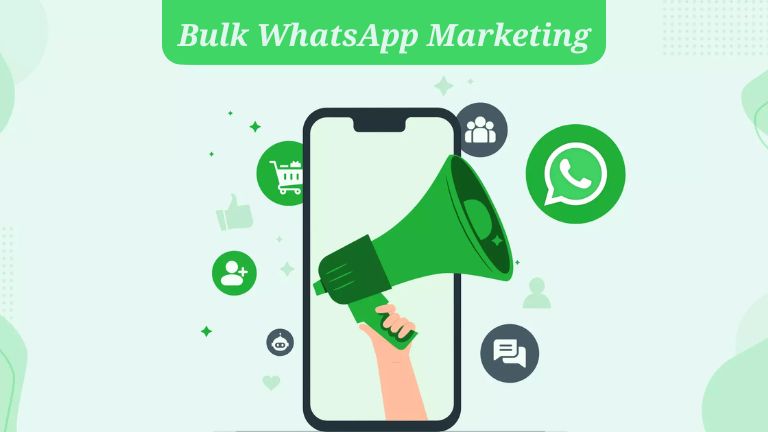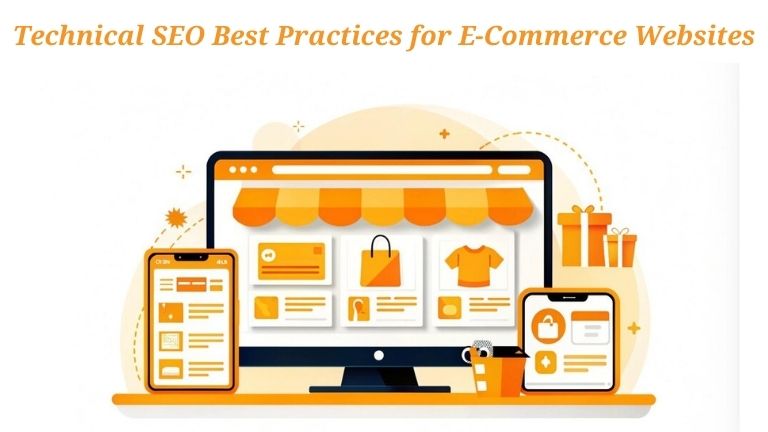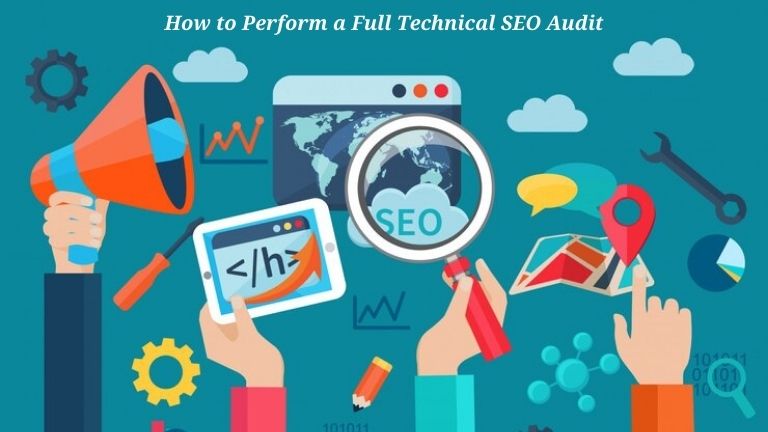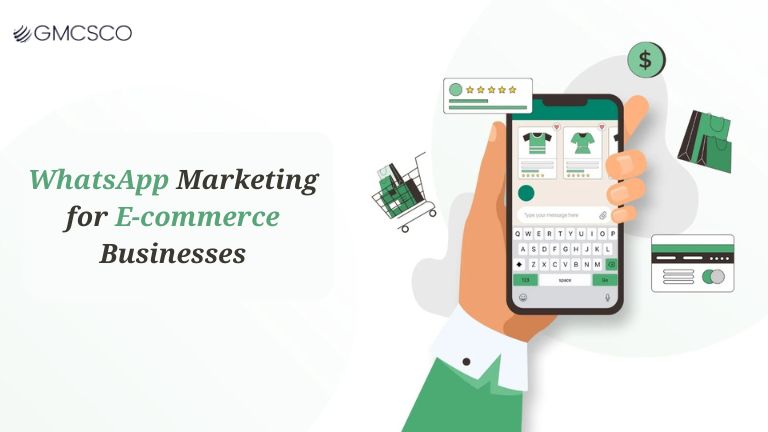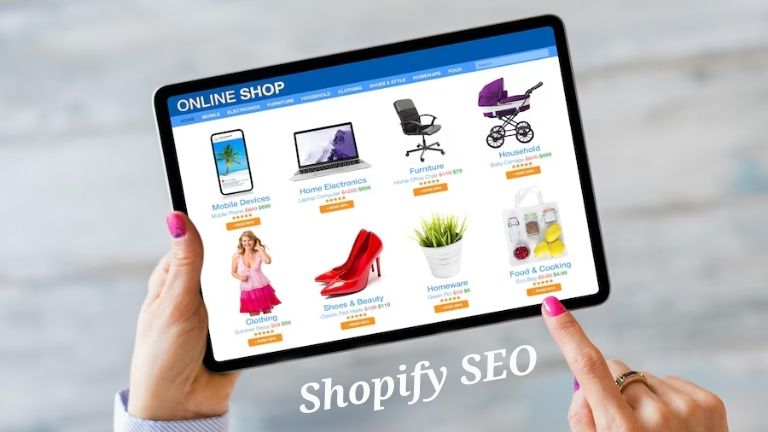Bulk WhatsApp Marketing: A Comprehensive Guide
Bulk WhatsApp marketing has become an effective tool to engage with large audiences directly, as businesses look for cost-effective methods to communicate with their customers. WhatsApp has a large user base and a much higher engagement rate than other platforms, not to mention it supports the exchange of multimedia messages — hence, it is an ideal platform for businesses to reach their consumers timely and effectively. In this guide, we talk about the pros & cons of bulk WhatsApp marketing, tips to choose a trusted bulk WhatsApp service provider in India, and how to create the best campaigns using a bulk WhatsApp message sender. Benefits of WhatsApp Bulk Marketing WhatsApp bulk marketing allows businesses to reach multiple customers in a single go, and this brings along many benefits. High Open and Engagement Rates — WhatsApp gets much higher open and response rates than email or SMS. Bulk messages on WhatsApp are more likely to be read and responded to quickly, allowing for a greater chance of conversion. Affordability — Bulk WhatsApp marketing is inexpensive when compared to traditional channels. Many bulk WhatsApp marketing providers offer scalable plans depending on your business needs, making it affordable for companies of every size. Personalization — WhatsApp marketing allows a personalized approach, even in bulk messaging. Insert customer names, product suggestions, and other details for a more personalized experience. Rich Media Support — Send images, videos, and even documents via WhatsApp. This flexibility enables marketers to create appealing, visually engaging messages that resonate better than plain text. Direct Customer Feedback and Interaction — WhatsApp facilitates two-way communication, allowing customers to respond, ask questions, and give feedback, which fosters stronger customer relationships. Fast Message Delivery — WhatsApp bulk campaigns are quick and efficient, delivering messages nearly in real-time, which is great for time-sensitive announcements like flash sales or urgent updates. Disadvantages of Bulk WhatsApp Marketing While bulk WhatsApp marketing has significant advantages, it’s essential to recognize its limitations to ensure campaigns remain effective. Spam Risks — Without careful management, bulk WhatsApp marketing can become spammy, leading to complaints or blocked messages. Frequent, unsolicited messaging can harm your brand. Policy Compliance — WhatsApp has strict policies for marketing. Sending bulk messages without following Business API guidelines can result in penalties, including account suspension. Opt-In Requirement — WhatsApp requires businesses to obtain user consent, which can limit the reach of campaigns but also ensures compliance and a quality audience. Limited Automation — WhatsApp’s automation capabilities are limited, which means campaigns may need more oversight to ensure personalization and timely responses. Selecting a Bulk WhatsApp Service Provider Choosing a dependable bulk WhatsApp service provider is crucial for effective campaigns in India. Here’s what to look for: Compliance with WhatsApp Business Policies — Ensure that the provider follows WhatsApp guidelines and is integrated with the official API to prevent account bans or restrictions. Reliable Message Delivery — Opt for a provider with a high delivery rate, ensuring your messages are sent promptly and reliably. Security and Privacy — Look for end-to-end encryption and adherence to data privacy laws to protect customer data. Advanced Analytics and Reporting — A provider that offers analytics helps you track delivery, open rates, clicks, and engagement, making it easier to measure ROI. 24/7 Customer Support — Choose a provider with robust customer support to address any technical challenges. Customization and Personalization — Ensure the provider supports personalization features, enabling you to tailor messages based on audience behavior or preferences. Scalability and Flexibility — A flexible provider can adapt to your needs as you grow, supporting large campaigns when necessary. Tips for Effective Bulk WhatsApp Marketing Campaigns Segment Your Audience — Grouping your audience by demographics, behavior, or interests allows you to send more targeted messages, increasing engagement. Craft Compelling Content — Concise, engaging messages with clear CTAs and a professional tone resonate best. Example: Promotions: “Hello [Name]! 🎉 Get 20% off on your next purchase! Tap here to claim: [Link]” Product Updates: “Hi [Name]! Discover our latest collection here: [Link]” Use Multimedia — Enhance messages with images, videos, or GIFs, ensuring files are optimized for mobile. Set a Schedule — Plan messages to reach users at optimal times, such as midday or early evening, avoiding late-night messages. Track Performance and Adjust — Monitor key metrics and refine strategies for better results in future campaigns. Encourage Opt-Ins and Respect Opt-Outs — Maintain a clean, permission-based contact list for compliance and a positive reputation. Combine Automation with a Personal Touch — Use customer names or purchase history to keep automated messages engaging. Provide Clear CTAs — Use simple, direct CTAs to encourage the next action. Conclusion Bulk WhatsApp marketing is a powerful, cost-effective channel to reach your audience. With the advantages of high open rates, multimedia messaging, and personalization, businesses can engage customers and drive conversions. Choosing a reliable bulk WhatsApp service provider in India is critical to ensure smooth, compliant campaigns that reach the right audience. With a reliable provider and a thoughtful strategy, bulk WhatsApp marketing can foster long-lasting customer relationships.

